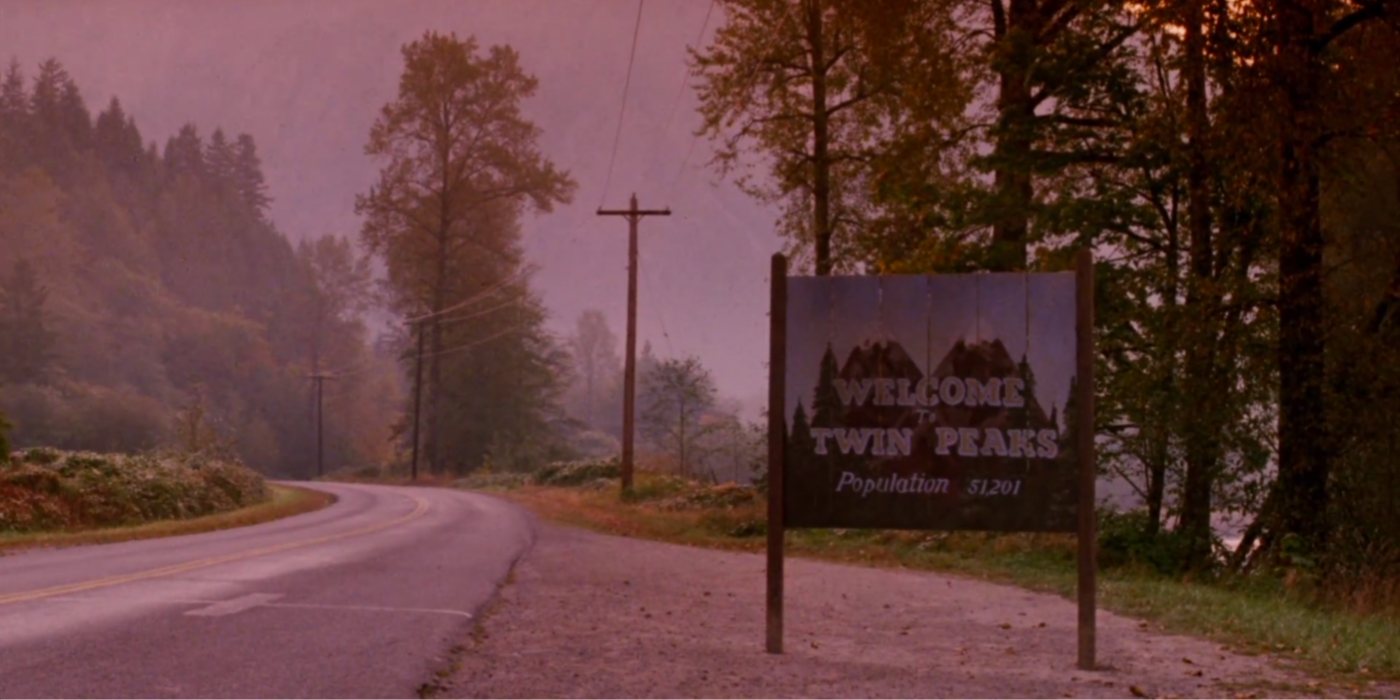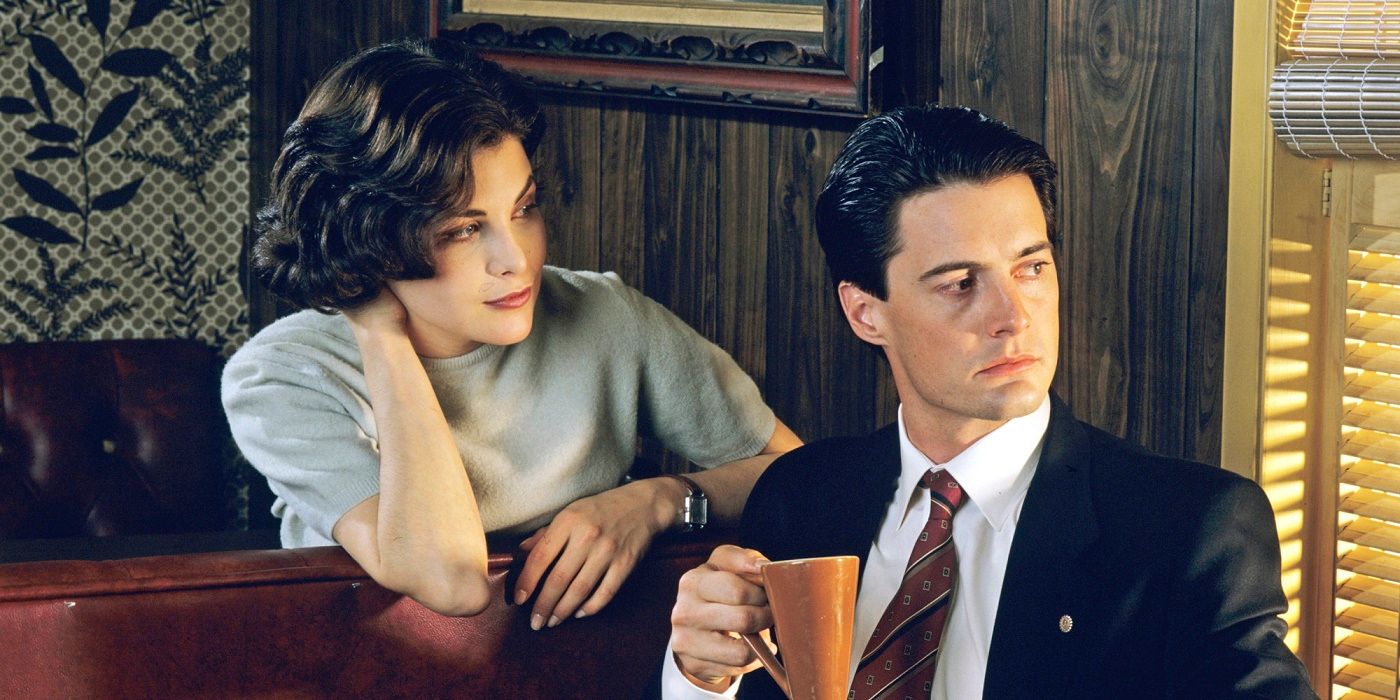Twin Peaks arrived with a thunderclap in the fall of 1990, and television has yet to recover. Under the auspices of creator David Lynch, it revealed a small town like no other, and a mystery that held the whole of pop culture rapt. It wasn't destined to last -- running for just two seasons on ABC, with a third airing on Showtime in 2017 -- but it changed the medium forever.
Those who weren't there when it arrived may be baffled by all the attention. Plenty of television shows have lasted far longer and made far more of an overt impact. The qualities that made Twin Peaks so special start with Lynch, and his singular approach to network television. For all its brevity, it influenced the ensuing thirty years of television. Without it, the medium would look very different today.
Twin Peaks Arrived as Television Was Stagnating
Television in 1990 was as different from television today as night and day. Streaming services and downloads didn't exist, and while cable stations carried a few series of notes, they didn't have nearly the cultural cache of future efforts like The Wire and The Sopranos. That left the four major networks -- ABC, CBS, NBC and upstart Fox -- who produced shows eight months out of the year that aired in three-hour blocks in primetime. It stuck to well-established genres, such as comedies or soap operas, and the conventions remained largely the same as they had in the 1950s.
Lynch finds genre fascinating and often looks at ways it can be subverted or blended. It gives his films a sheen of magical realism, where events follow their own strange logic and nothing is quite what it seems. Innocence and corruption play large roles in his work, often taking on larger-than-life qualities in the process. Blue Velvet, for instance, pulls back the cartoonish pure façade of a small town to reveal a cabal of sociopathic fiends lurking in the shadows. In contrast, The Elephant Man reveals a profoundly human soul hidden behind a disquieting surface, revealing the evil in plain sight from a "respectable" society that treats him like an animal.
All of which was as alien to network television at the time as the dark side of the moon. Sitcoms dominated the Nielsens the year that Twin Peaks debuted, led by the likes of Cheers and The Cosby Show, which resolutely followed the same format used by I Love Lucy 30 years earlier. Dramas tended towards mysteries-of-the-week such as Murder, She Wrote, and courtroom dramas like L.A. Law. One of the few true ground breakers on the air that year -- The Simpsons, which had just begun its second season -- famously had to fight to lose the laugh track that had been a sitcom staple for decades. The formula was baked deeply into the content of every show.
Twin Peaks Opened Up Television's True Potential
Into that stepped Twin Peaks, which followed Blue Velvet's example of evil lurking under the façade of a Norman Rockwell town. It was populated by oddball characters following their own bizarre subplots, and the answers to many of its myriad questions never came at all. Its protagonist was the beatific FBI Agent Dale Cooper, who practically arrived with a halo around his head, while the evil lurking in the town's darkest corners -- a malevolent spirit called BOB -- was almost absurdly terrifying. And yet, despite its Byzantine plot, it found a singular hook that captured everyone's attention: "Who killed Laura Palmer?" The town's seemingly angelic homecoming queen is found murdered in the series pilot, with any number of possible suspects. Lynch's signature magical realism gave it a sense of the weird while suggesting some kind of answer lying just out of reach.
It was hypnotic, but something as unique as Twin Peaks probably couldn't last under any circumstances. By the second season, the intrigue and mystery began to fall flat, and while Lynch delivered a stunning update in 2017, many of its questions remain unanswered as of this writing. Regardless, it fostered a sea change in what television could be: paving the way for the likes of The X-Files, Lost, Breaking Bad, and the current Golden Age of prestige television. Its light shined very briefly, but the impact it had continues to be felt today.



.jpg)